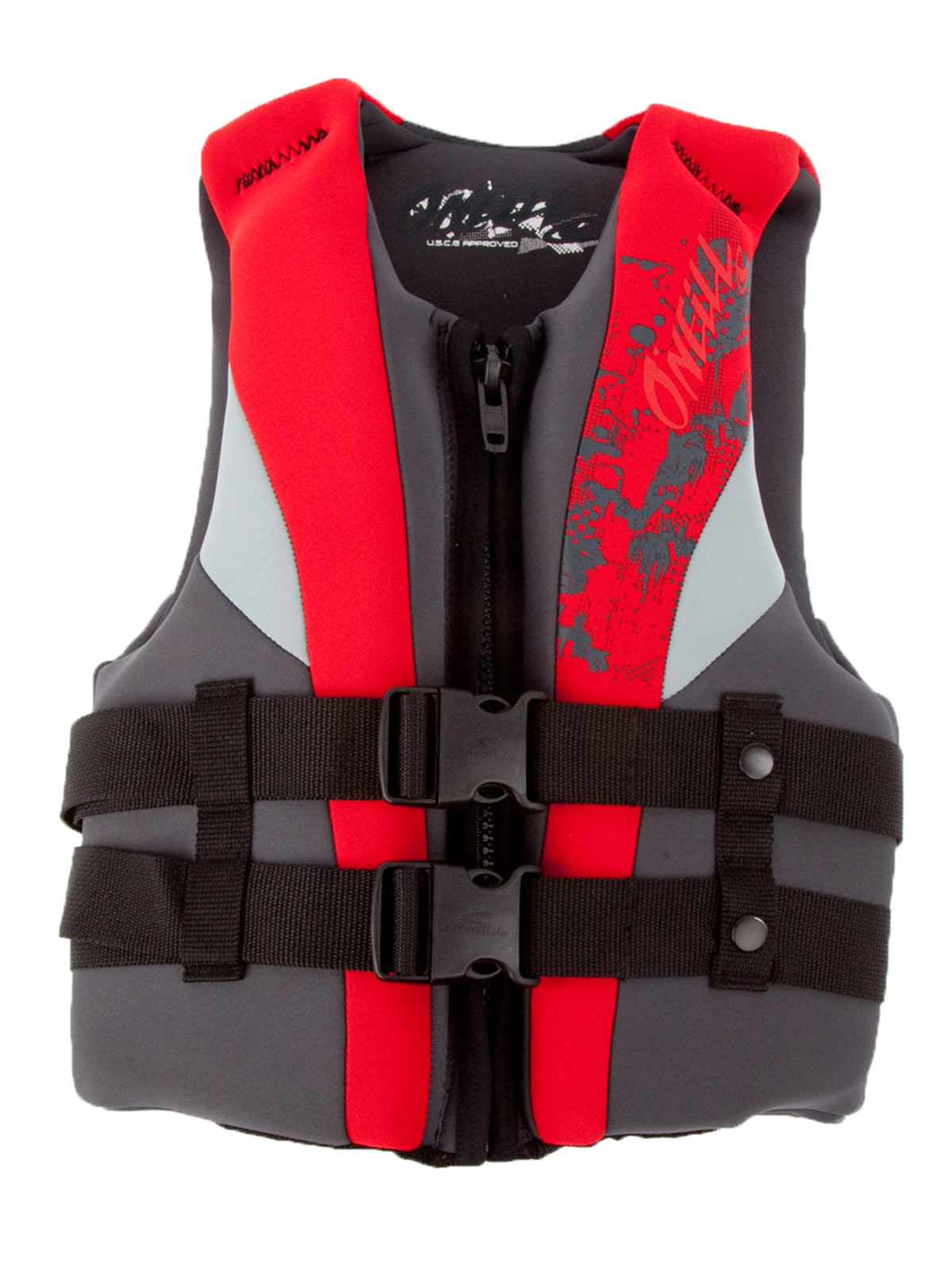Kids Afloat The Lowdown on Life Jackets for 30-50 Pounders

So, you've got a little skipper in the making, a pint-sized Jacques Cousteau weighing in somewhere between 30 and 50 pounds. Before you let them loose on the high seas (or, you know, the local lake), there's one piece of gear that's absolutely non-negotiable: a properly fitted life jacket. We're talking serious business here, folks. This isn't just about following the rules; it's about keeping your precious cargo safe.
Let's be honest, kids are unpredictable. One minute they're clinging to the side of the boat, the next they're channeling their inner Michael Phelps and attempting a freestyle across the marina. A life vest designed for a child in the 30-50 pound range is specifically engineered to keep them buoyant and their heads above water, even if they're not exactly Olympic-ready swimmers. Think of it as their personal, wearable life raft.
Finding the perfect personal flotation device (PFD), which is the fancy term for a life jacket, can feel a little overwhelming. There are so many options out there! But don't worry, we're here to break it down. When you're shopping for a life vest for a child in this weight range, look for a "Type III" PFD. These are designed for near-shore activities and offer good flotation for conscious wearers. Make sure it's U.S. Coast Guard approved - you want the real deal, not some knock-off that'll fall apart at the first splash.
Now, let's talk about fit. A life jacket that's too big will ride up around your child's face, and one that's too small won't provide adequate buoyancy. The label should clearly state the weight range, so that's your starting point. But even within the 30-50 pound range, kids come in all shapes and sizes. Once you've got the life jacket on your child, make sure it fits snugly. You should be able to lift them up by the shoulders of the jacket without it slipping over their head or chin.
Historically, life preservers have evolved from bulky cork contraptions to the sleek, comfortable designs we see today. The focus has shifted from mere flotation to ensuring proper head support and quick turning for unconscious wearers, especially crucial for children. The modern child life jacket for the 30-50 lb range is a testament to this evolution, prioritizing safety and comfort. A main issue remains ensuring parents understand the importance of proper fit and consistent use.
Benefits of the right PFD are numerous: enhanced safety in the water, peace of mind for parents, and encouraging kids to enjoy water activities with confidence. For instance, a properly fitted life vest allows a child to explore the shallows without constant fear of going under, building their water confidence.
Advantages and Disadvantages of Child Life Jackets (30-50 lbs)
| Advantages | Disadvantages |
|---|---|
| Increased safety in water activities | Can be uncomfortable in hot weather |
| Provides peace of mind for parents | Requires proper fitting and maintenance |
| Encourages water confidence in children | Can restrict movement to some degree |
Best Practices:
1. Always check for US Coast Guard approval.
2. Perform a fit test every time the jacket is worn.
3. Educate your child on how to float in the jacket.
4. Inspect the jacket regularly for damage.
5. Replace the jacket if it shows signs of wear and tear.
FAQ:
1. Q: What type of life jacket is best for a 30-50 lb child? A: Type III.
2. Q: Where can I buy a child life jacket? A: Sporting goods stores, online retailers.
3. Q: How do I know if a life jacket fits properly? A: Snug fit, doesn't ride up.
4. Q: How often should I replace a child's life jacket? A: When it shows wear or damage.
5. Q: Are inflatable life vests suitable for this age group? A: Generally not recommended.
6. Q: Can my child wear a life jacket designed for a different weight range? A: No, it must be the correct range for optimal safety.
7. Q: How do I care for my child's life jacket? A: Rinse with fresh water after use and store in a cool, dry place.
8. Q: Are there any legal requirements for children wearing life jackets? A: Regulations vary by location, so check local laws.
Tips and Tricks: Personalize your child’s life jacket with fun patches or their name. This helps them feel ownership and encourages them to wear it. Practice wearing the jacket in a controlled environment, like a pool, so your child gets used to the feeling.
Protecting our children is paramount, and when it comes to water safety, a properly fitted life jacket for a 30-50 pound child is an absolute necessity. From casual boating trips to playful splashes in the pool, a life jacket provides an essential layer of security, offering parents peace of mind and empowering children to explore the aquatic world with confidence. Don't just grab any life vest – choose wisely, ensuring the proper fit and U.S. Coast Guard approval. By prioritizing water safety, we can create a positive and secure environment for our little adventurers to enjoy the wonders of water, knowing they're protected by the best life-saving equipment available. Remember, a little precaution goes a long way in ensuring countless happy memories on the water for years to come. Invest in a quality life jacket – it’s an investment in your child's safety and your family's future enjoyment of water activities.
Tesla lug nut torque specs your guide to perfect wheel security
Unveiling the hues of the cosmos what color are the planets
Unlocking arkansas state employee compensation













